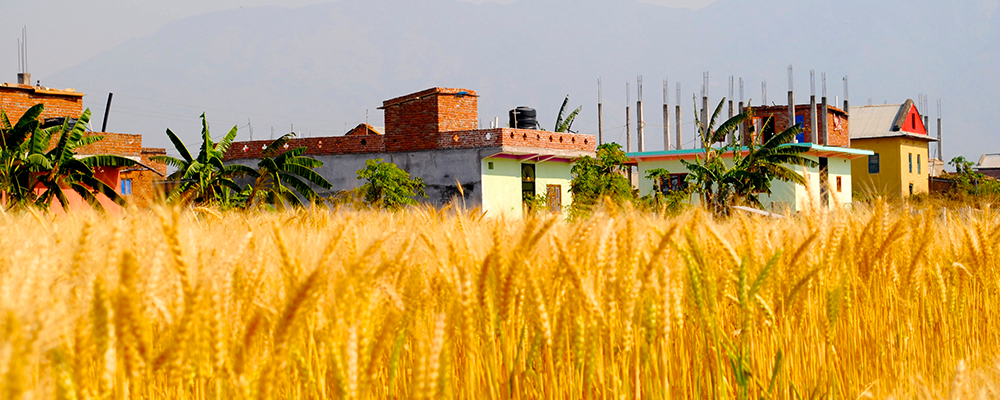
Our global approach
The IGDC works to develop innovative interdisciplinary people-focused solutions with partners at the University of York and globally.
Our purpose is to undertake interdisciplinary research to promote global justice and development and to facilitate collaboration among academics from the humanities and social and natural sciences.
Our vision
At IGDC, we understand global development as the complex of practices, policies and possibilities that encompass worldwide socio-economic and environmental transformation.
Our emphasis on global development stems from the growing interconnectedness across the world and the emergence of socio-economic, environmental and health problems that are shared across all societies.
We recognise that understandings of positive transformation are contested, that different actors have competing interests and investments and that violence and expropriation have been perpetrated on occasion in the name of development.
IGDC is particularly interested in social and environmental transformation that redresses the (im)balance of power in favour of justice and equality for marginalised communities. We take seriously such redressal of power balances at the interfaces between global, national and local scales, seeking to understand and address structures of marginalisation. This requires communities of rich countries to change as much as those of middle and low-income countries. Development for us is a truly global project rather than one focused only on countries labelled as “developing”.
Our approach recognises that global development is most effectively addressed by working across academic disciplines and through inclusive partnerships. Together we seek to define and attain alternative modes of development that are inclusive and sustainable.
We want our research to improve the lives of future generations everywhere and transform development policy. We collaborate with our global partners and work with local communities to create a just and sustainable world.
Our global approach
Conventional approaches to development have hinged on the narrative that developing countries will, and should, catch up with developed countries. Such a narrative was underpinned by such binaries as “developed” vs “developing”, “Global North” vs “Global South”, and “donors” vs “recipients”.
This reflected the dominant model in which the industrialised countries of the Global North provided money, expertise and worldviews which the developing countries of the Global South received, applied and emulated.
Structural changes in the global political economy as well as grassroots political contestation now challenge the desirability and viability of this narrative. The 2008 global financial crisis, the Covid-19 pandemic, the climate crisis, the emergence of “rising powers” and calls to decolonise and diversify ways of thinking have all contributed to challenging and reshaping the Eurocentric, anthropocentric world order that facilitated the emergence of such a narrative in the first place.
In IGDC, we recognise that our rapidly changing world makes a global approach to development imperative.
Technological advancements and mobility of people have made the world more connected than ever before and exposed major fault lines. Societies across the world are facing similar problems in public health, rising economic inequalities, digital exclusion, and growing erosion of political freedoms. Climate change and the biodiversity crisis are globally salient problems that do not recognise national boundaries.
In light of these shared problems faced by societies across the world, a global approach to development is essential. Taking our mutual interdependence as a point of departure, the IGDC is committed to collectively exploring and achieving new ways to live together sustainably.